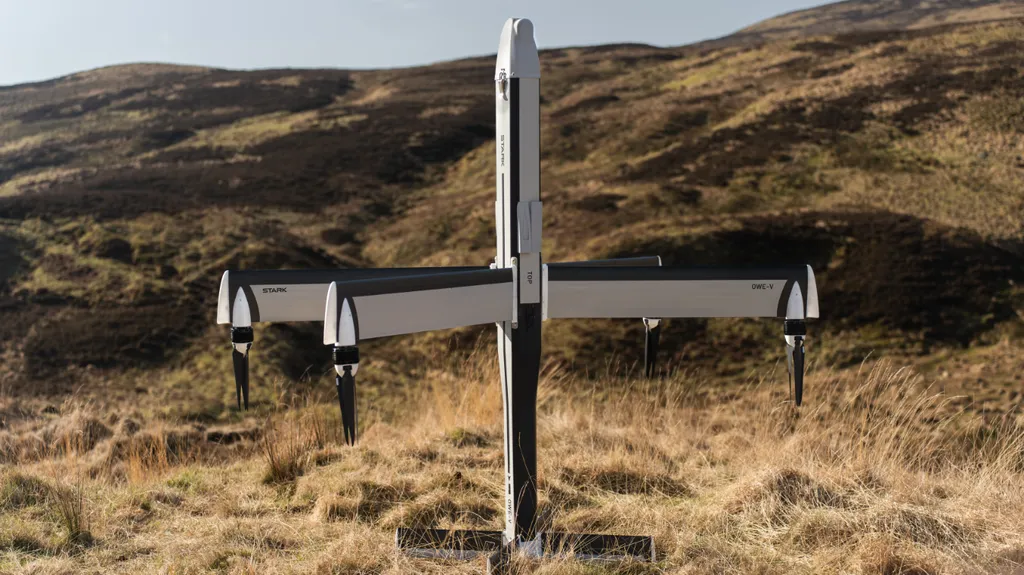The recent announcement by a German defence technology firm to establish a drone manufacturing plant in the UK is not just a corporate expansion—it’s a strategic pivot that could reshape the European defence landscape. Stark’s decision to open a 3,700-square-metre facility in Swindon, Wiltshire, is a calculated move that aligns with broader geopolitical and industrial trends, offering valuable insights into the future of defence innovation and collaboration.
Stark’s investment in Swindon is more than an economic boost for the region; it’s a testament to the UK’s enduring reputation as a hub for advanced manufacturing and defence technology. The company’s flagship system, Virtus—a loitering munition with vertical take-off and landing (VTOL) capabilities—epitomises the next generation of unmanned combat solutions. With a strike radius of up to 100 km and a 5 kg payload, Virtus represents a leap forward in precision and agility, reinforcing the need for rapid, scalable production to safeguard sovereignty and deter aggression.
The expansion also underscores the deepening defence ties between the UK and Germany, particularly in the wake of the 2024 Trinity House Agreement. This bilateral accord has laid the groundwork for closer collaboration, ensuring that both nations can leverage their respective strengths in technology and defence. For the UK, this means revitalising its industrial base while positioning itself as a key player in European security. For Germany, it’s an opportunity to diversify its defence supply chains and strengthen NATO’s collective resilience.
Beyond the immediate economic and strategic benefits, Stark’s move highlights a broader shift in defence manufacturing: the growing importance of regionalised production networks. As geopolitical tensions persist, nations are increasingly prioritising resilient supply chains that reduce dependency on distant suppliers. By establishing a foothold in the UK, Stark is not only mitigating risks but also fostering a more integrated European defence ecosystem.
The decision also reflects a broader trend in the defence sector: the convergence of technological innovation and industrial strategy. As unmanned systems become increasingly central to modern warfare, companies like Stark are positioning themselves at the forefront of this evolution. By investing in high-skilled jobs and cutting-edge facilities, they are ensuring that they remain competitive in an industry where agility and precision are paramount.
For Swindon, the return of defence manufacturing is a moment of pride and opportunity. Once a key player in World War II aircraft production, the town is now poised to reclaim its place in the defence industry. The investment in Stark’s facility is not just about job creation—it’s about reaffirming Swindon’s role as a centre of innovation and industrial excellence.
The implications of this development extend beyond the UK and Germany. As defence partnerships deepen across Europe, other nations may follow suit, seeking to strengthen their own industrial and technological capabilities. The Stark-Swindon partnership could serve as a model for future collaborations, demonstrating how strategic investments can drive both economic growth and national security.
In the end, Stark’s expansion is a reminder that defence technology is not just about hardware and software—it’s about people, partnerships, and the strategic vision to adapt to an ever-evolving global landscape. As the UK and Germany continue to collaborate, the defence sector will likely see further innovations, deeper alliances, and a more resilient European security framework.

